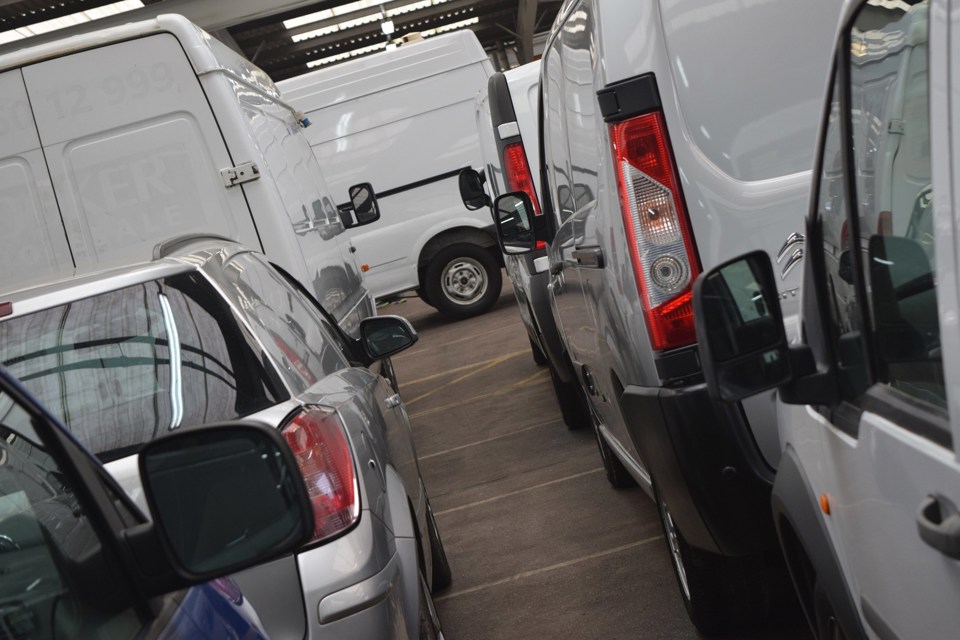The average wholesale price of a used van sold at Manheim increased by 3.2% in June, despite reports that retail demand is softening.
Trade buyers are now paying 79% (£4,516) more for a comparable used van than they were in June 2019 - meaning fleets continue to benefit from strong residuals.
Data from Cap HPI shows used van prices have risen by 50% since the start of 2020.
Cox Automotive says that the number of vans coming onto the market from fleets is still low, and there are still more wholesale buyers than there are vans.
It also reports that the high demand Euro 6 vans are achieving the highest selling prices; however, the periphery stock demand is softening.
Furthermore, it says dealers will overlook vans with significant damage and high mileage because they know that they will take longer to find a buyer and won’t want to tie up cashflow in slower moving stock.
The average used van selling price at Manheim reached a record of £10,222, an increase of the April record by 3.2% and £315. Vans reaching these figures were a similar age of 60 months and mileage at around 71,000 miles.
Prices for Euro 6 vans climbed at a higher rate of £751, or 5.9%, to £13,586.
This is the highest ever average price recorded for a Euro 6 used van by Manheim. Although Euro 6 vans are understandably in high demand, Euro 6 vans made up 59% of all vans sold last month.
Average used van prices are expected to continue to rise through the second half of the fiscal year and into 2022, until the new van supply shortages are resolved.
The Society of Motor Manufacturers and Traders (SMMT) has recorded year-to-date figures of 191,513 new van registrations, at the end of June. While sales are up 76% on 2020, the relevant comparable year is from 2019 where sales are 2% down. However, demand for the manufacture of vans has increased during the pandemic and due to a rise in Clean Air Zones in cities across the UK.
The widely reported extended lead times on new van and car production is due to issues with semi-conductors, raw material and component shortages. Cox Automotive believes demand is set to outstrip supply and that the peak impact is likely to be felt in H2. Only then, in 2022, will supply recover to pre-pandemic levels.























Login to comment
Comments
No comments have been made yet.